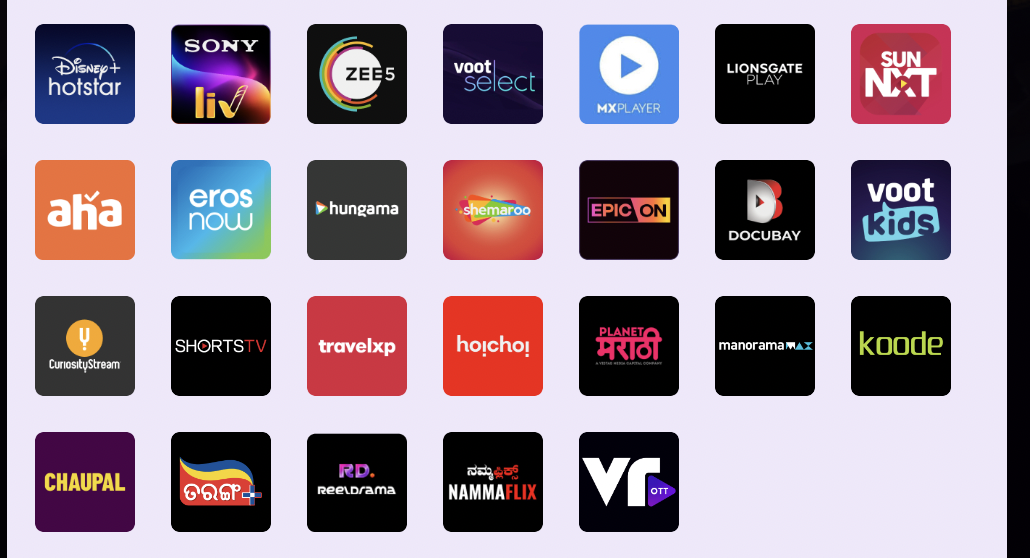- One of the counterproductive outcomes of the advent of revolutionary inventions in the form of information technology-driven digital applications/solutions is the amount of time being spent accessing the endless free flow of information by people of all ages. Also, the advent of smartphones endowed with everything that the IT-enabled solutions including the entertainment forums have further hooked the patrons to the medium. So much so that present-day parents are not averse to sharing electronic gadgets including smartphones to the little ones to keep them quiet. Gone are the days when conventional storytelling, book reading, lullabies, and some such time-tested measures used to be the go-to medium for parents while interacting with children.

PC: LinkedIn
- The pandemic-induced lockdowns only further opened the digital world to hitherto unreachable terrains making us heavily dependent on the medium for anything and everything. The OTT platforms have made their ubiquitous presence more conspicuous luring in every age group to consume them copiously. Little wonder, innumerable social media platforms offer such a wide bouquet of choices that we are left spoilt with options galore. As is its wont, any overindulgence is a potential challenge like known addictions of yore and social media platforms are very enticing too. Of course, the gullible and impressionable adolescents’ getting addicted to social media platforms was expected. The whole world is witnessing this of late with concern.
- Make no mistake, adolescents’ social media addiction is a big challenge. However, banning isn’t a solution either. As reported, the Australian government’s announcement that it will pass a minimum age law for social media use got headlines recently, but the law will fail. Citing concerns about social media’s impact on the mental and physical health of adolescents, Canberra is considering a 14-16-year range for the proposed ban. But such blanket bans don’t work. And like all policies, it will drive the targeted activity underground, with possibly more harmful consequences. Indeed, Australia’s internet regulator, eSafety Commissioner, has warned that restriction-based approaches may push young people to less regulated non-mainstream services.

PC: LinkedIn
- Mind you, excessive social media use by adolescents is now a worldwide concern. Many experts are opining that such platforms harm the mental health of adolescents. While it’s a fact that rates of anxiety and depression have shot up among teenagers in many countries since smartphones became ubiquitous, research on the issue does not provide definitive answers, yet. There is also the offsetting factor of the benefits teenagers derive from social media. So, it makes more sense to put in place tighter content regulations for social media companies. Regulations apart, there is also a responsibility on parents, guardians, and educators, how they promote social media literacy, the rules they lay down, and the example they set for teenagers. Bans are the worst response.





